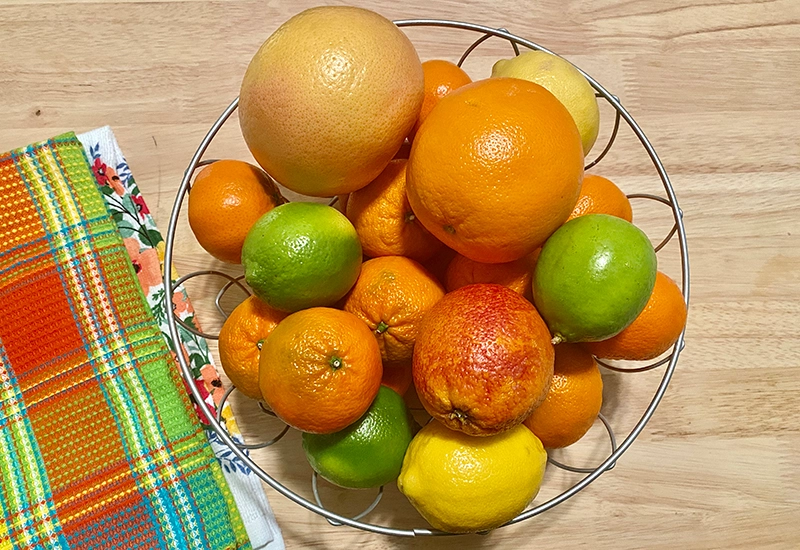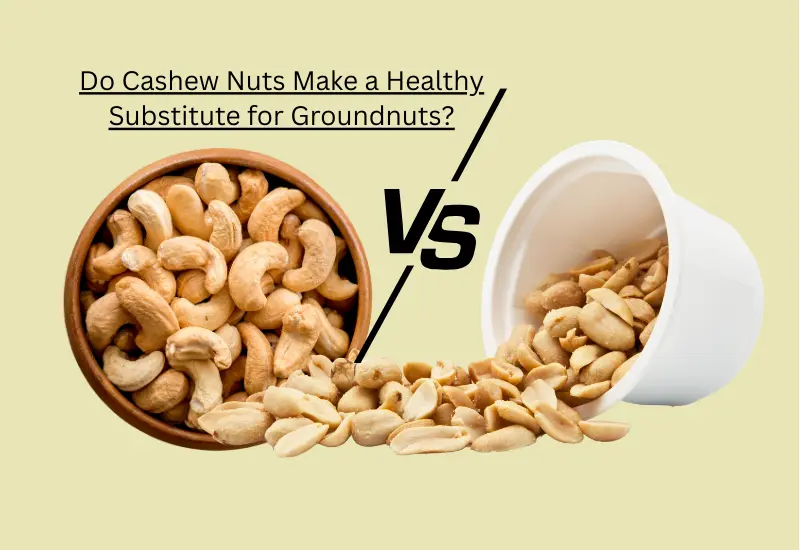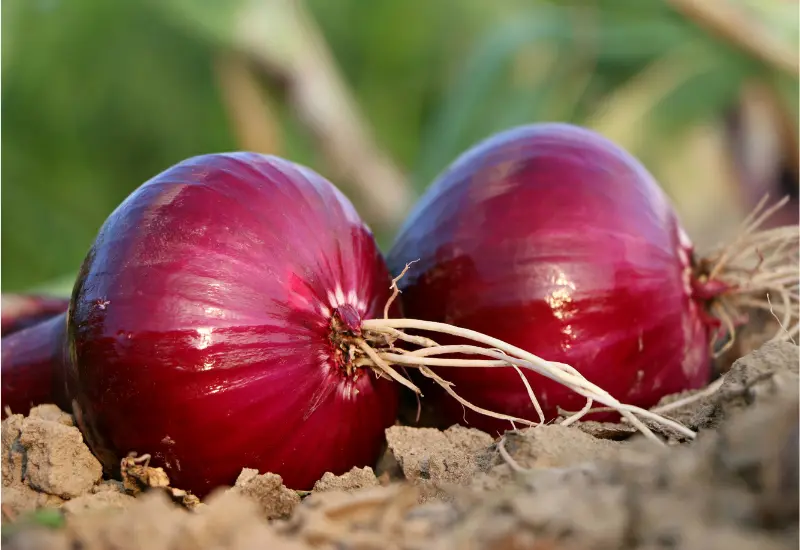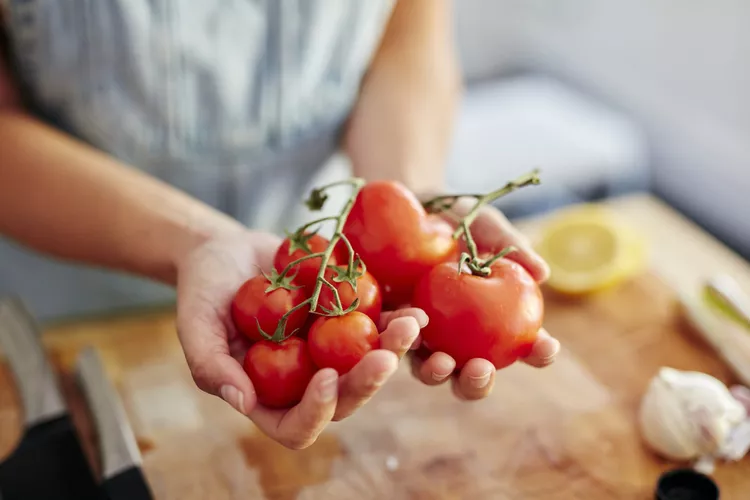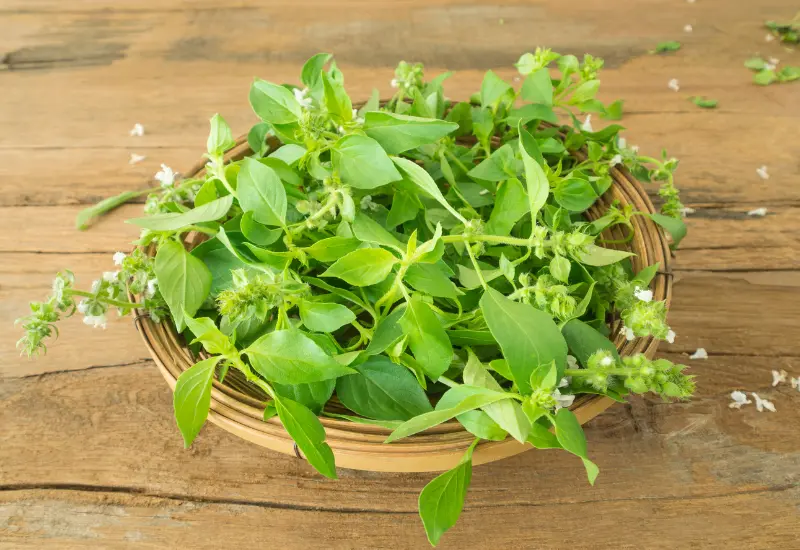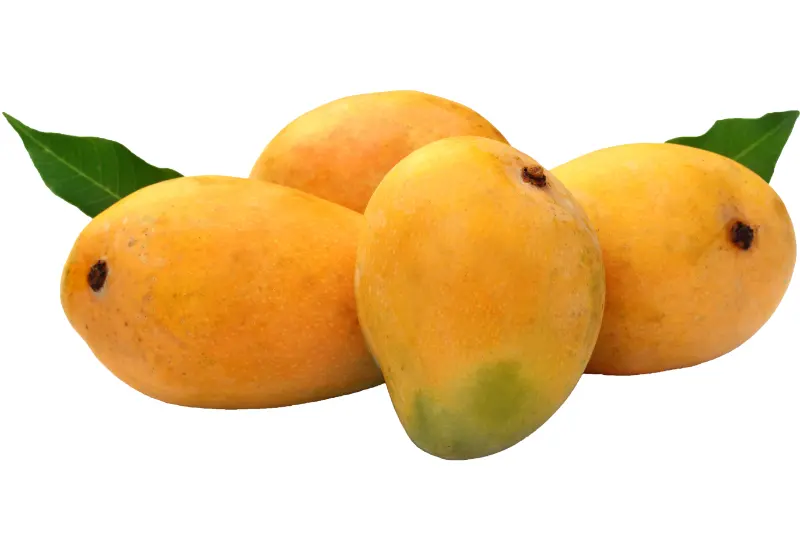
Mangoes (mangifera indica) are tropical stone fruits about the size of a grapefruit. The skin ranges in hue from yellow to green to red-green; the flesh is soft and golden; and the fruit has an inedible, hard stone in the middle.
Although they originated in Southern Asia, mangoes are now produced in the US, Mexico, and the Caribbean, among other places.
Nutritional profile of mangoes
A serving of fresh mango weighing 80g offers:
- 200kj/48kcal
- 134 mg potassium
- 0.7g protein
- 0.3g fat
- 11.2g carbohydrate
- 1.3g fiber
- Vitamin C (29 mg)
The top 5 health advantages of mangoes
1. Rich in shielding antioxidants
Mangos are a good source of plant molecules called gallotannins and mangiferin, which have antioxidant and protective qualities. Both have been investigated for their capacity to combat oxidative stress brought on by daily life and exposure to pollutants.
Many of these molecules, like those in other plant foods, are found in and just beneath the skin. A 2012 study that examined the peel of mangoes revealed that the plant chemicals there may help prevent obesity.
2. It could facilitate digestion
According to a 2018 pilot study, eating mango for four weeks significantly reduced the symptoms of chronic constipation in participants. This improvement may have been caused by the fruit’s fiber level, but it may also have been influenced by other chemicals. It’s interesting to note that plant compounds in mango leaves also seem to have potential antidiarrheal properties.
In a previous animal study, adding mango to the diet of obese mice fed a high-fat diet resulted in better gut microbiota. According to studies, this might be because to the fruit’s polyphenols, which are protective substances like gallo-tannins. The phytochemicals found in mangos have also been investigated for their gastroprotective qualities, providing the digestive system with antioxidant and anti-inflammatory qualities. They may even aid in lowering inflammation in diseases like ulcerative colitis.
3. May support the maintenance of healthy skin and hair.
Vitamins A and C can be found in adequate amounts in mangoes. Collagen, a protein that serves as a scaffold to maintain skin tight and lush, is formed in part by vitamin C. One of the most significant antioxidants, vitamin C protects against environmental damage; a lack of it can slow the healing of wounds and make wrinkles and fine lines more noticeable. Vitamin C is also necessary for the synthesis of collagen in our hair as well as for the absorption of iron, a crucial mineral for hair growth.
The production of sebum, the greasy substance that lubricates our skin and scalp, is one of vitamin A’s primary functions. Vitamin A is necessary for the growth of all cells, including skin and hair, and some research indicates that it may have potential protective effects against the signs of aging.
4. Promote heart health
In 2016, research on animals revealed that mangiferin provided heart-protective effects, such as decreased inflammation; additional animal studies indicate the same plant compound may help manage cholesterol.
Although these animal studies appear promising, there aren’t enough human trials, so further investigation is required to determine whether these advantages apply to people as well.
5. Support eye health
Mangos are rich in carotenoids, which promote eye health, as indicated by their orange flesh. They specifically supply the carotenoids lutein and zeaxanthin, which are crucial for the retina of the eye because they shield it from blue light from electronic gadgets and sunshine. Lutein and zeaxanthin are particularly useful in the battle against the indications of age-related macular degeneration.
Mango recipes that are healthy
1. Mango Avocado Salad
- Ingredients: Fresh mango, avocado, red onion, cucumber, lime juice, cilantro
- Benefits: Rich in fiber, healthy fats, and vitamin C
- Tip: Add grilled chicken or chickpeas for protein
2. Mango Smoothie (No Sugar Added)
- Ingredients: Fresh mango, banana, Greek yogurt, almond milk
- Benefits: Great for breakfast or post-workout
- Tip: Add chia or flax seeds for extra fiber
3. Spicy Mango Salsa
- Ingredients: Mango, jalapeño, red pepper, red onion, lime juice, cilantro
- Benefits: Perfect topping for grilled fish, chicken, or tacos
- Tip: Use it as a dip with cucumber slices for a low-carb snack
4. Mango Nice Cream
- Ingredients: Frozen mango chunks, a splash of almond milk
- Benefits: Dairy-free, low-calorie ice cream alternative
- Tip: Blend until creamy and enjoy immediately
5. Mango Coconut Chia Pudding
- Ingredients: Mango, coconut milk, chia seeds, vanilla
- Benefits: High in omega-3s and antioxidants
- Tip: Chill overnight for best texture

